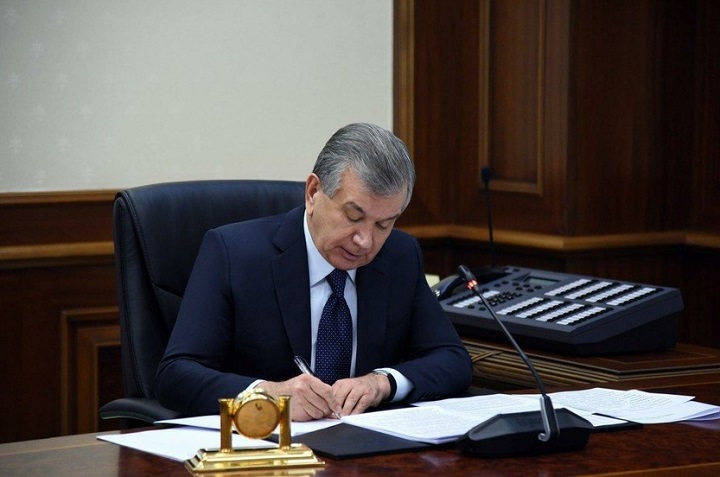In connection with the 32nd anniversary of the independence of Uzbekistan, President Shavkat Mirziyaev signed a decree pardoning 286 convicts. Of those pardoned, 109 are completely released from serving their main sentence, 116 are released from serving their sentence on parole, and the sentence of 25 persons was replaced with a more lenient one. In addition, 36 convicts had their sentences reduced. Among those pardoned are 39 women, 22 men over 60 years of age, 30 citizens of foreign countries, 3 people who participated in the activities of banned organizations.
Comment:
It is worth noting that since coming to power, Shavkat Mirziyoyev announced reforms, including in the country’s judicial system. He has repeatedly publicly criticized the methods of security forces to combat dissent during the Karimov era and even released thousands of prisoners accused of participating in various religious and political organizations. But, despite this, persecution on religious and political grounds continues in Uzbekistan.
An October 13, 2021 report by the U.S. Commission on International Religious Freedom (USCIRF) on religious and political prisoners in Uzbekistan found that despite the release of thousands of prisoners since late 2016- when the country changed president- more than 2,000 people remain imprisoned “on vague and overly broadly interpreted charges,” such as attempting to overthrow the constitutional order, possession of prohibited literature, or membership in prohibited groups. The report was compiled from government data, interviews with officials, people recently released from prison, human rights activists and relatives of current prisoners, and court documents. “This is more than all religious prisoners in all former Soviet republics combined, and one of the largest numbers in the world”, – the report says.
The report notes that thousands of prisoners of conscience in Uzbekistan have been imprisoned for more than 20 years, “one of the longest sentences in the world for religious beliefs”. It’s not uncommon for “multiple family members from different generations” to be jailed on religion-related charges, the report’s authors wrote. “Vast numbers of religious prisoners” have been convicted solely on charges of membership in banned religious groups, without evidence of involvement in violence”. – USCIRF reports.
Thus, despite the fact that Mirziyoyev released thousands of political prisoners, there are still thousands more behind bars. Mostly members of Hizb utTahrir remain in prison, and, as human rights activists report, the Uzbek authorities deliberately do not release the most active and educated of them, despite the fact that some of them have already been in captivity for 24 years.
Muhammad Mansour

